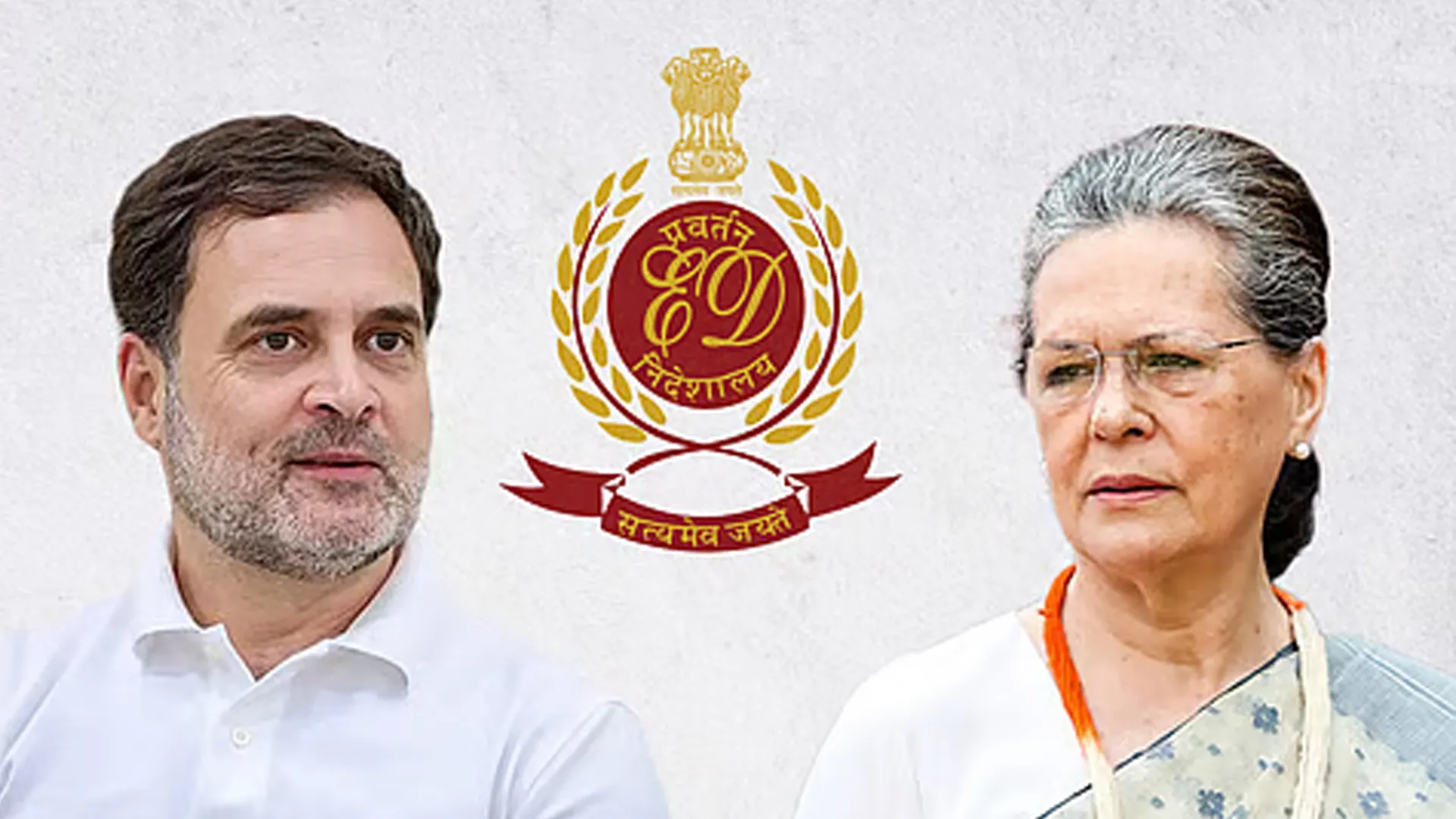Earlier this year, international pop star Ed Sheeran made headlines in India when he appeared on Netflix’s The Great Indian Kapil Show. While touring the country, Sheeran sported his signature laid-back look, but it was his wristwatch that caught attention—a Devanagari Baagh watch by Jaipur Watch Company. This choice, featuring a Japanese Miyota movement retrofitted into a 1947 one-rupee coin, highlighted India’s growing presence in the luxury watch industry.
Rise of Independent Indian Watchmakers
Founded 11 years ago, the Jaipur Watch Company has emerged as a leader among Indian watchmakers, combining traditional Indian aesthetics with bespoke craftsmanship. The company is renowned for its coin-based watches, often featuring historical elements like Indian postage stamps and artworks by Raja Ravi Verma. According to founder Gaurav Mehta, the brand positions itself as a “bridge-to-luxury,” offering unique, mechanically complex timepieces that are more affordable than their high-end Swiss counterparts.
Another key player in India’s horological scene is the Bangalore Watch Company, founded by Nirupesh Joshi and Mercy Amalraj. Inspired by the iconic HMT watches of the 1960s, the brand offers a modern aesthetic powered by Swiss automatic movements. The common thread among these independent watchmakers is their use of stainless steel cases, leather straps, and sapphire crystals—all supported by a now-thriving local supply chain.
Challenges and Opportunities
Despite the success of these independent brands, challenges remain. Mehta recalls the difficulties of establishing a supply chain when he first started. Today, however, the company has secured funding to expand its retail network and continues to see growing sales, especially through social media platforms like Instagram. About 40% of Jaipur Watch Company’s sales now come through Instagram, and the brand has attracted a diverse clientele, including fledgling watch collectors and high-end customers seeking something unique.
The natural progression for any watchmaker is to develop an in-house movement. However, Mehta explains that this is not yet feasible due to the lack of scale. He points to Titan, a major Indian watchmaker, which recently introduced an automatic movement at an affordable price point. For now, Jaipur Watch Company focuses on aesthetic innovation and craftsmanship, rather than in-house movement development.
The Competition
In the Indian market, these independent watchmakers face competition from both affordable smartwatch brands and low-cost faux luxury brands like Daniel Wellington. However, Mehta believes that the impact of smartwatches is minimal in the higher price segments. He notes a shift in consumer preferences, with many opting for traditional watches for formal events and special occasions. As a result, Jaipur Watch Company has seen its sales quadruple over the past three years.
Global Appeal
Jaipur Watch Company and Bangalore Watch Company have also found success overseas, with around 7-8 pieces sold weekly to international buyers. While many customers are part of the Indian diaspora, about 30% come from diverse backgrounds in countries like Singapore, Australia, and the U.S., drawn to the unique Indian craftsmanship.
As the market for luxury watches continues to grow, independent Indian watchmakers like Jaipur Watch Company and Bangalore Watch Company are poised to carve out a significant niche, both domestically and internationally. Their focus on aesthetic appeal, craftsmanship, and Indian heritage sets them apart in a competitive industry, offering consumers a unique alternative to mass-market and high-end international brands.























